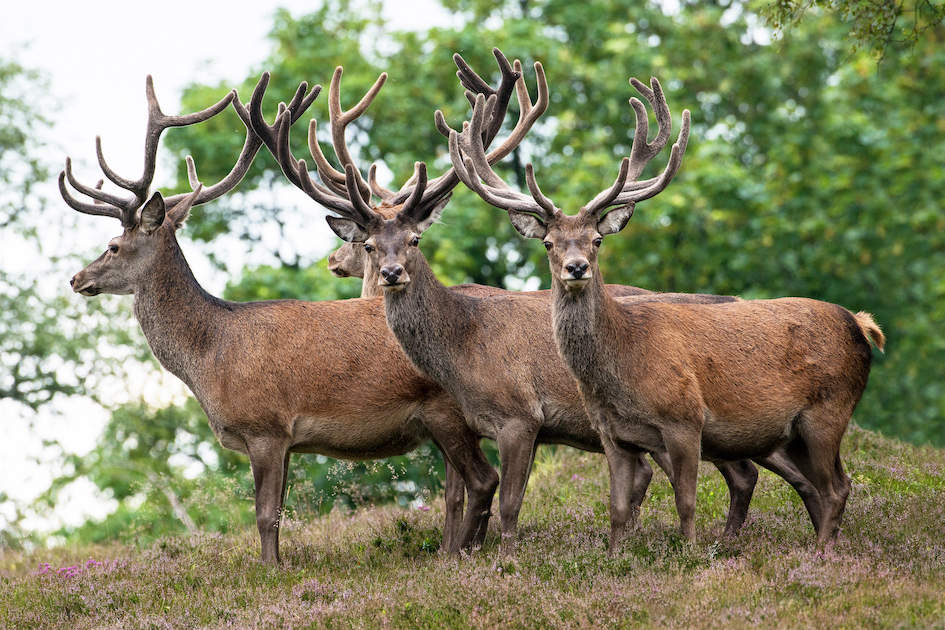Land managers who are part of Group in the Cairngorms which manages their local deer population have this week released details of their 2024 deer count which demonstrates how working with each other has paid dividends.
The Upper Deeside and Donside Land Management Group, a voluntary collaboration of land managers covering around a quarter of the Cairngorms National Park, has a core aim of sustainably managing the wild deer population in their area.
The Group wanted to work together to meet various objectives including providing a healthy deer population for sporting stalking for guests from around the world whilst also controlling numbers in certain locations to protect areas managed for conservation reasons.
The figures released this week show the red deer population across the area covered by the Group, some 999 km2 dropped from 8,411 deer in 1996 to 4,054 in 2024. This has resulted in improvements to native woodlands including natural regeneration whilst at the same time facilitating moorland management.

Chairman of the Group, Angus McNicol of Invercauld Estate, said:
“This reduction in the wild deer from over eight deer to just over four deer per square kilometre shows how working together in deer management can be successful. By each member of the Group understanding the objectives of their neighbours, we have been able to deliver for each other.”
He continued:
“Deer move throughout the Group’s area and today’s results show that, with collaboration, multiple different land uses delivering various objectives can take place within the same deer range.”
The Group covers 17 land management units across a range of private, public and charitable owners managing land for a wide varieties of uses including farming, grouse shooting and deer stalking, timber production and conservation for biodiversity.
The results come as the Scottish Government has just completed a consultation exercise which included proposals which could force land managers to manage deer for restorative objectives without any need to demonstrate damage to habitats.
The Group’s secretary, deer specialist Dr Linzi Seivwright, said:
“Where there is controversy from time to time in deer management, the Upper Deeside and Donside Land Management Group’s success shows how collaboration can be an effective means of resolving this. We would encourage the Scottish Government to consider ways in which this model of co-operative working can be facilitated rather than seeking to use heavy-handed regulatory approaches.”
Further from Dr Linzi Seivwright, Secretary, Upper Deeside and Donside Land Management Group
info.caorann@gmail.com
T: 07547676509



